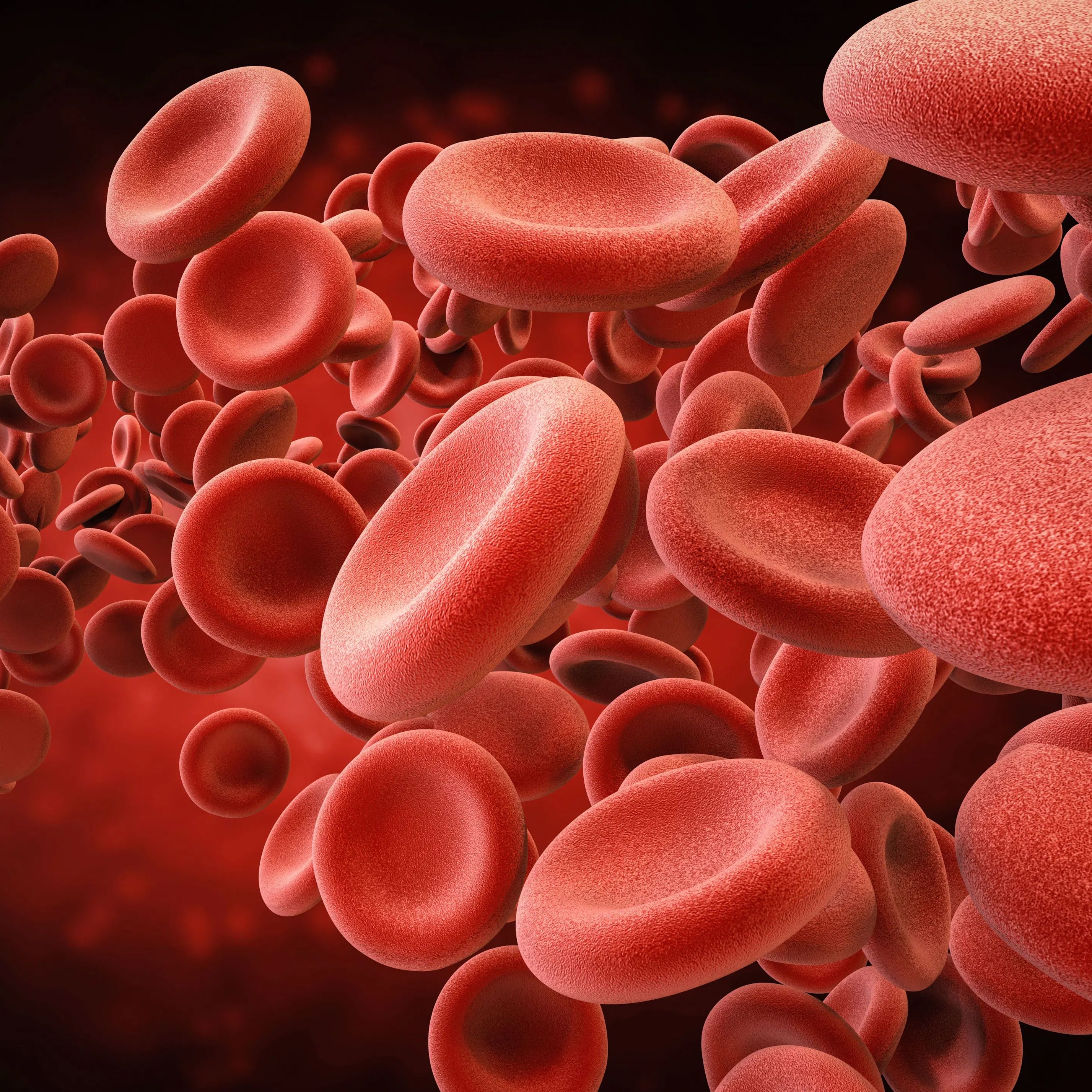Article
Discharge Test Could Reduce Hospital Readmissions for Heart Failure Patients
A routine test could hold the key to why some patients with congestive heart failure do well after being discharged from the hospital and others do not.
An inexpensive, routine blood test could hold the key to why some patients with congestive heart failure do well after being discharged from the hospital and why others risk relapse, costly readmission, or death within a year, new research from Johns Hopkins School of Medicine suggests.
In a study reported online by the American Journal of Cardiology, Henry J. Michtalik, MD, and his colleagues tested heart failure patients on admission and discharge for levels of a protein that is considered a marker for heart stress.
In previous studies, the levels of this protein, N-terminal pro-B-type natriuretic peptide, or NT-proBNP, have been correlated with heart failure symptoms and have been associated with an increase in adverse outcomes.
They found that patients whose protein levels dropped by less than 50% over the course of their hospital stay were 57% more likely to be readmitted or die within a year than those whose levels dropped by a greater percentage.
Testing for NT-proBNP at the beginning and end of hospitalization, could help doctors and hospitals make better decisions about which patients are truly ready to be released and which ones are at higher risk for relapse, readmission or worse, Michtalik said in a statement. Typically, he adds, patients are already tested for this heart failure marker upon admission.
“These patients feel better. They look better. But this study suggests many of them may not be completely better,” said Michtalik, a research and clinical fellow in the school’s Division of General Internal Medicine. “Even though a doctor has determined the patient is ready to go home, a change in this biological marker of less than 50% means the patients are at much higher risk and would likely benefit from more intensive treatment, monitoring, or outpatient follow up.
Roughly 5.7 million people in the United States have heart failure, which kills about 300,000 each year, and results in repeat hospitalizations for many patients. Readmission rates are a focus of efforts to reduce health care costs, Michtalik said.
Michtalik and his colleagues studied 241 heart failure patients admitted to The Johns Hopkins Hospital between June 2006 and April 2007 who were treated with intravenous diuretics to remove fluid from the body.
Within the first 24 hours, blood was drawn from the patients and tested for NT-proBNP, and patients were treated for their symptoms by their individual doctors. Though the patients’ NT-proBNP levels were tested again at discharge, the decision for or against discharge was determined by clinical judgment alone and the treating physicians were not aware of the protein’s level at discharge.
Analysis showed that patients whose protein levels decreased by less than 50% over the course of the several days to a week that they were in the hospital were at the highest risk for readmission or death.
“Our research suggests that maybe clinical judgment isn’t enough to decide whether a heart failure patient is ready to be discharged,” he said. “These patients may benefit from being treated until the heart failure marker, NT-proBNP, decreases by a certain percentage, something that is not considered now.”





